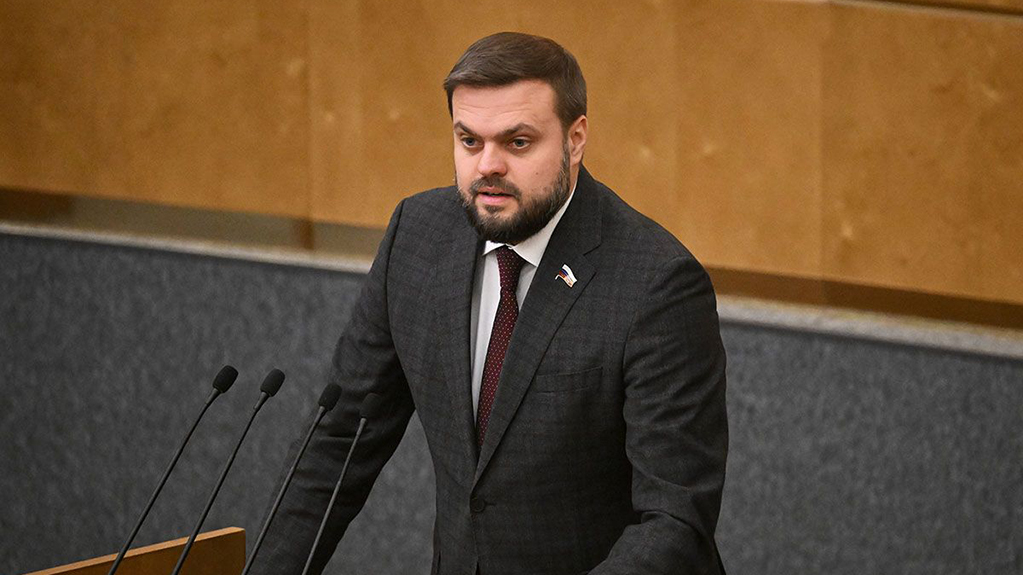Artem Turov, Russia's ruling party member and State Duma Committee MP chairman on CIS issues, stated that by signing the law on Foreign Agents, Georgian parliamentarians were able to defend their position despite the "threats" from the United States of America and the European Union.
News
"The Georgian government has taken an important step to strengthen its sovereignty, ensuring that external influences cannot dictate its development, but rather that it progresses in line with the will of the Georgian people, not the desires of certain politicians from Western countries.
We witnessed immediate reactions following the law's passage, including threats from European and American politicians, including the potential for sanctions and economic pressure. However, we should perhaps commend the Georgian parliamentarians for maintaining their stance and choosing the path for their country's future development," Turov told the Russian media.
The Duma MP stated that the members of the Georgian Parliament, who acted like pro-Georgian politicians and not like pro-Westerners, deserve praise.
"We are aware of the numerous non-governmental organizations operating in Georgia - numbering in the tens of thousands - primarily funded from the West, through various Western funds. Additionally, these organizations actively influence decision-making and public opinion," Turov noted.
The Russian Law on so-called Foreign Agents came into force with the signature of Shalva Papuashvili, the Georgian Parliament Chairman.
As per the law, all non-governmental and media organizations that receive over 20% of their income from grants from international organizations must register as organizations representing the interests of a foreign power. These organizations are required to apply to the public registry agency in August and request registration as an organization representing the interests of a foreign power.
Avoiding the registration or submitting the financial declaration within the established period will result in a fine of 25 000 GEL. The law also stipulates additional fines of 10 000 and 20 000 GEL for non-compliance with the Ministry of Justice's requirements.
Additionally, the Ministry of Justice has the right to fine all persons (including physical) 5000 GEL for failure to submit the requested information. The Ministry can request personal, commercial, professional, and confidential information from individuals.
The Russian Duma adopted a similar law in 2012 and















